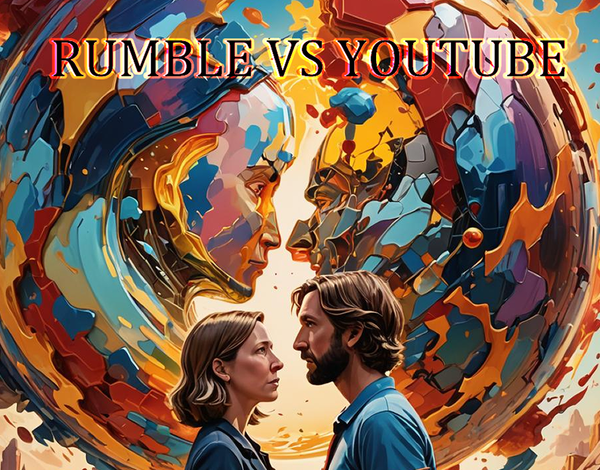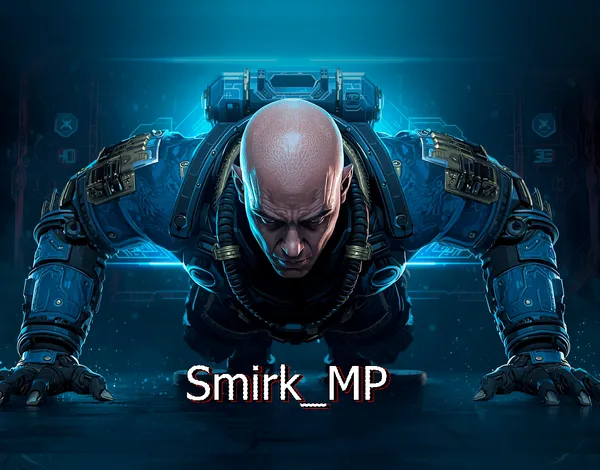YouTube has a long history of censoring its creators and changing how their website functions for both creators and viewers. Over the years, there’s been countless videos made in response to their changes, and the backlash from taking advantage of the rights granted to them under Section 230.
Electronic Frontier Foundation
“Section 230 embodies that principle that we should all be responsible for our own actions and statements online, but generally not those of others. The law prevents most civil suits against users or services that are based on what others say.”
Some would say they can do whatever they want because they’re a private company. This is very much true, with one caveat. You can’t do that when you’re acting as a public square protected by Section 230 from legal ramifications.
A private company who (isn’t protected by section 230) that can edit their user’s content to fit their desired message or image as they see fit. Can still have their actions challenged with lawsuits, And this is the difference.
Countless competitors have tried to take on YouTube over the years. But as the recent lawsuit suggests. Google, who owns YouTube, may have a monopoly leading to an unfair advantage. an advantage that may lead to stress on both content creators and competitors looking to offer alternatives to the corporate giants.
Among all the problems creators face on YouTube, Rumble seems to be the biggest competitor. Creators are getting desperate to find a place to call home where they can speak freely without censorship.
One of the many claims by rumble advocates is the lack of censorship on the rumble platform. a feature that may seem enticing to those who have felt silenced.
However, when you’re publishing a video on Rumble, you’re presented with four options for licensing.
- Video Management Option (Option “A”)
- Video Management (Excluding YouTube) Option (“Option B”)
- Rumble Only Option (Option “C”)
- Personal Use Option (Option “D”)
The first two Options are of the most concern.
Option A and B only differ in one main thing: Option B has an exclusion for YouTube. Meaning in option B, you can still submit your content to YouTube. Otherwise you’re giving rights to your content under both to Rumble for no less than 50 years.
On the face of the two options, Rumble managing and promoting your content isn’t such a bad idea. The thing is though, 50 years is to much time to give away control of your intellectual property.
Chances are a new creator does not know what their content may be worth in 5 years, much less half a century from now.
Here’s a snippet from Rumbles Terms. I’ve highlighted the relevant parts. It’s in the best interest of creators to take the time to read before submitting any content to anyone or any agency.
Appointment of Agent. You, as the principal (the “Principal” or “you”), may submit video Content to be published and managed by Rumble as your agent (“Agent”) for the purposes of same. By submitting Content to Rumble and by Rumble accepting such Content on the Rumble Service pursuant to either Agency Option “A” or Agency Option “B”, as defined below, you are appointing and do hereby appoint Rumble as your exclusive, worldwide, perpetual Agent for such Content, and grant Rumble the exclusive right to distribute, display, reproduce, license, rent, sell, monetize, and otherwise exploit the Content in any medium, on any kind of display device, worldwide, for the duration of the “Term of Agency” as defined below (the “Agency Rights”). As discussed in more detail below, the Agency Rights will also include Rumble’s right to bring suit in its own name as plaintiff for infringement or other inappropriate or illegal use of the Content and to seek in such suit all damages or other relief available under law and equity to which you and/or Rumble are entitled. By appointing Rumble as your Agent and granting Rumble the Agency Rights, you agree that you shall not distribute, display, reproduce, license, rent, sell, monetize, and otherwise exploit the Content in any medium, on any kind of display device, worldwide, for the duration of the Agency Term, as defined below. The Agency Term means a 50 (fifty) year period commencing as of the date you enter into this Agreement. The Agency Term shall automatically renew for additional consecutive renewal terms of 50 (fifty) years each, unless either party gives written notice of its intent not to renew the Agency Term, ninety (90) days prior to the expiration of the then expiring Agency Term.
There’s only one option to get paid, and keep your rights. They label it “Rumble Only Option”. A name that could confuse people and have them pick another selection. This option is essentially the same as the YouTube’s standard agreement. Meaning you grant the planform the rights to host your content, but keep control of it.
So before you upload, take the time to decide what’s best for you and your content. Rumble may be the answer you’re looking for, Just be sure you know the rights your giving up.



